Ever wondered how you end up with the search results after tapping a few keys and hitting enter?
Search engines help sift through a vast amount of data in milliseconds, to get you that perfect chocolate chip cookie recipe or the name of the song stuck in your head.
This quick guide reveals to you how search engines work. This guide is useful for anyone but especially for people in the web content/blogging industry.
Let’s jump into it!
What Is a Search Engine?
A search seems to have an answer for everything.
You ask a simple question, and they rummage through the internet to bring you the best possible answers.
Now, if you’re picturing this all-knowing friend as Google, you’re not wrong. Google is indeed the most popular search engine.
But let’s not forget about the other players!
Bing, the Microsoft-owned search engine is always in the competition and offering its unique style, such as the search rewards.

In 2023, Bing made waves by introducing an AI-powered chatbot to search. Instead of showing a bunch of search results, this AI bot directly answers your questions.
Then we’ve got Yahoo, one of the old-school contenders, still hanging around with its unique blend of search results and added features like Yahoo Mail, News, and Finance.
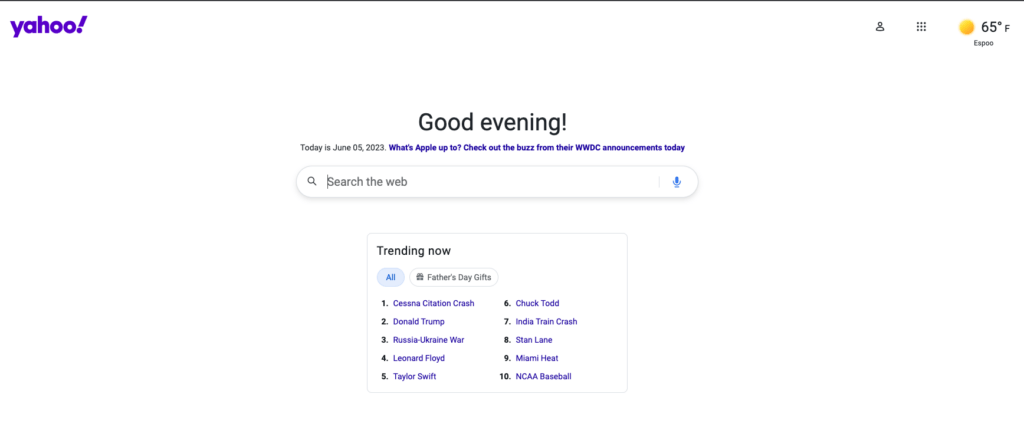
And then there’s DuckDuckGo, the privacy-focused engine that won’t track your searches or target you with ads.
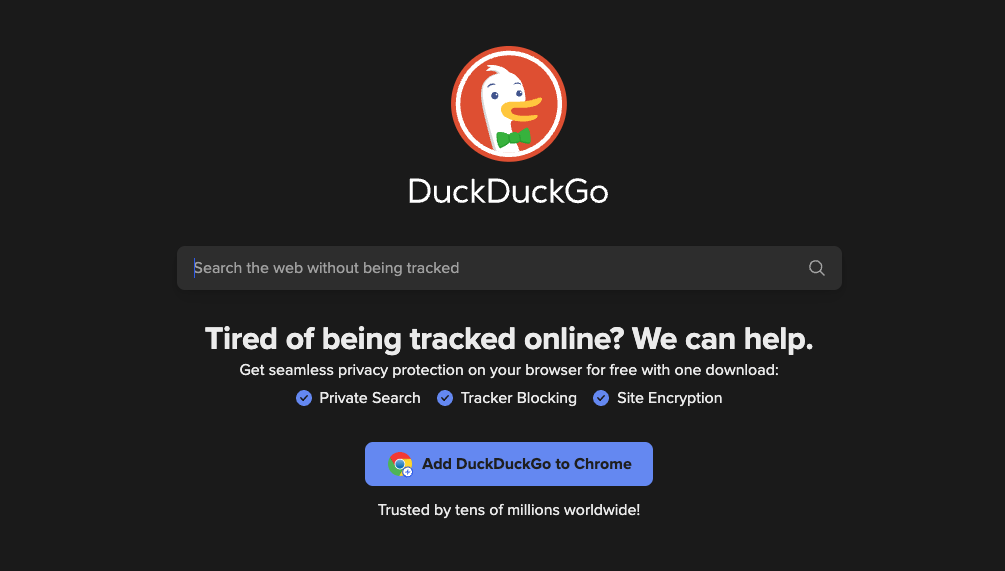
But that’s enough for different search engines. At the end of this post, you will find the 10 most popular Google alternatives.
To put it short, each search engine has its unique quirks and features. But their goal remains the same: to help you find what you’re looking for on the world wide web.
How Does a Search Engine Work?
The secret sauce of a search engine boils down to three primary functions: crawling, indexing, and ranking.
#1 Crawling
Search engine bots (spiders, crawlers) continuously traverse the internet.
Their goal is to locate and gather the most current information found on web pages around the globe.
This is how search engines find pages to recommend.
These automated programs discover and revisit websites, meticulously analyzing pages, codes, and content—ranging from new blog posts to archived personal photos.
#2 Indexing
Once the crawlers bring back the information, the search engine then needs to store it somewhere.
This is where indexing comes into play.
Think of it like a gigantic, super-organized digital filing system.
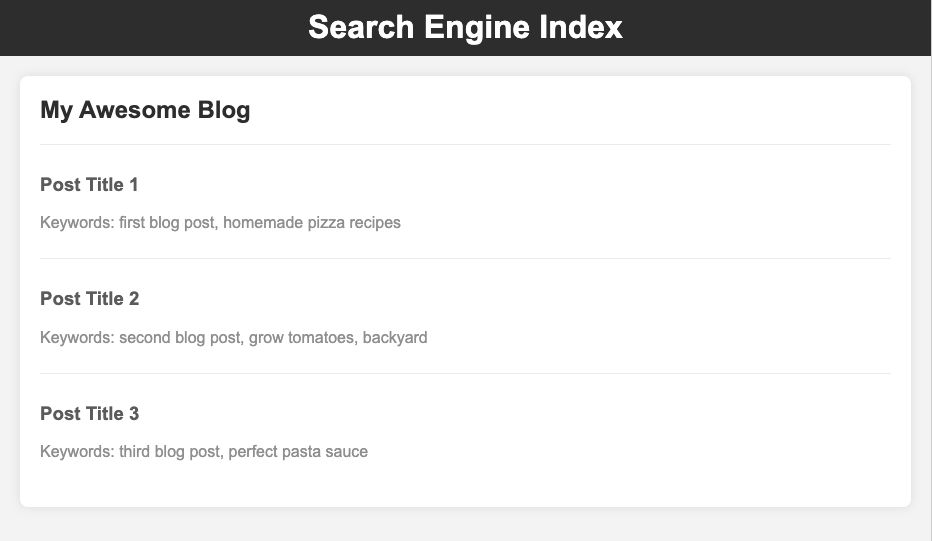
Every piece of content crawled is cataloged in this system.
The next time someone searches for a related topic, the search engine knows exactly where to find the relevant information.
#3 Ranking
Lastly, we have a ranking.
Ranking is the process of determining the position of a web page in search engine results.
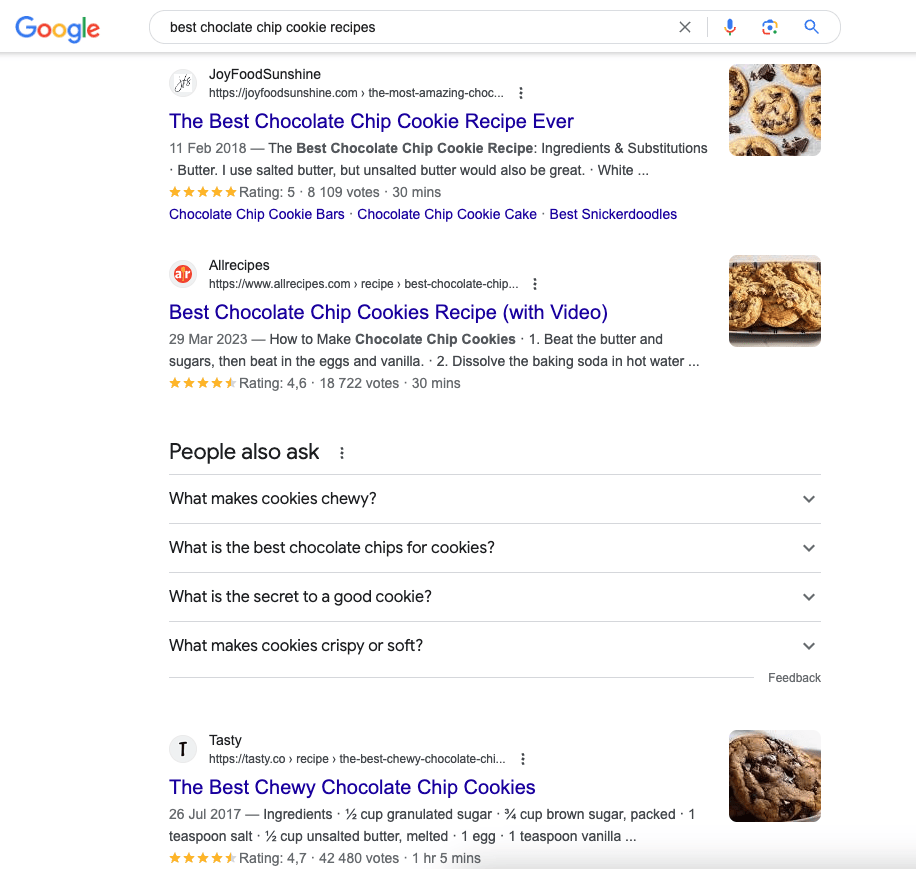
The search engine evaluates all the indexed information and ranks it in order of relevance and quality in response to a user’s query.
By the way, those rankings are constantly evolving. A page that ranks #1 in one region or point in time might not be there the next time you search.
This is because information gets updated/outdated quickly, and there’s a ton of competition in many topics.
The SEO Standpoint
If you’re a website owner or blogger, this section is a must! Understanding search engines is the ticket to getting content noticed and read by the right audience.
Creating web pages (like blog posts) without having any clue how search engines work is not optimal.
The process of gaining exposure in search engines is called search engine optimization or SEO for short.
If this sounds technical, don’t worry. While SEO used to be technical and tricky back in the day, it’s less and less hard.
This is because search engines are becoming better and better at determining what’s a good piece of content.
To get a web page to the #1 spot on Google for a search query, search engines must find the page the best match for the searcher.
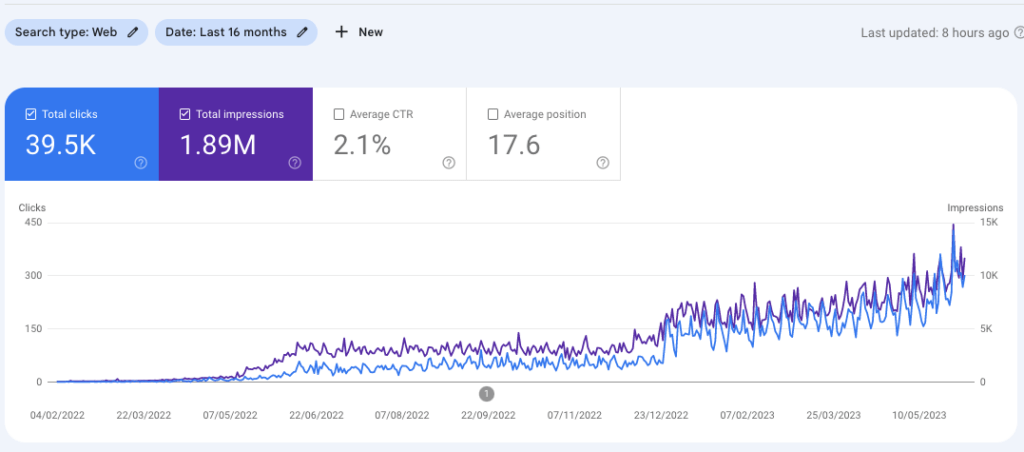
If search engine traffic is your business strategy, you (or your marketing people) essentially need to become a blogger.
To get a website high on search engine rankings, it needs to write long, detailed, unique, and well-researched posts about a particular topic.
For example, a gym program website might have a bunch of how-to blog posts about getting into shape etc.
10 Google Alternatives
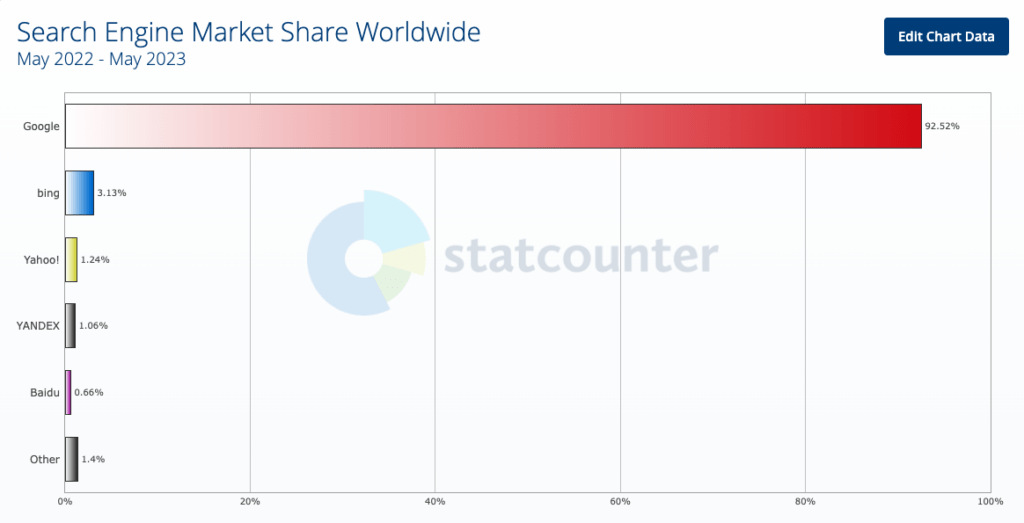
You probably have heard of Google, Yahoo, Bing, and perhaps DuckDuckGo. But there are lots of other search engines out there.
Of course, Google absolutely dominates the space. But there are some noteworthy alternatives to Google, for sure.
Geek Alert: How Are Search Engines So Fast?
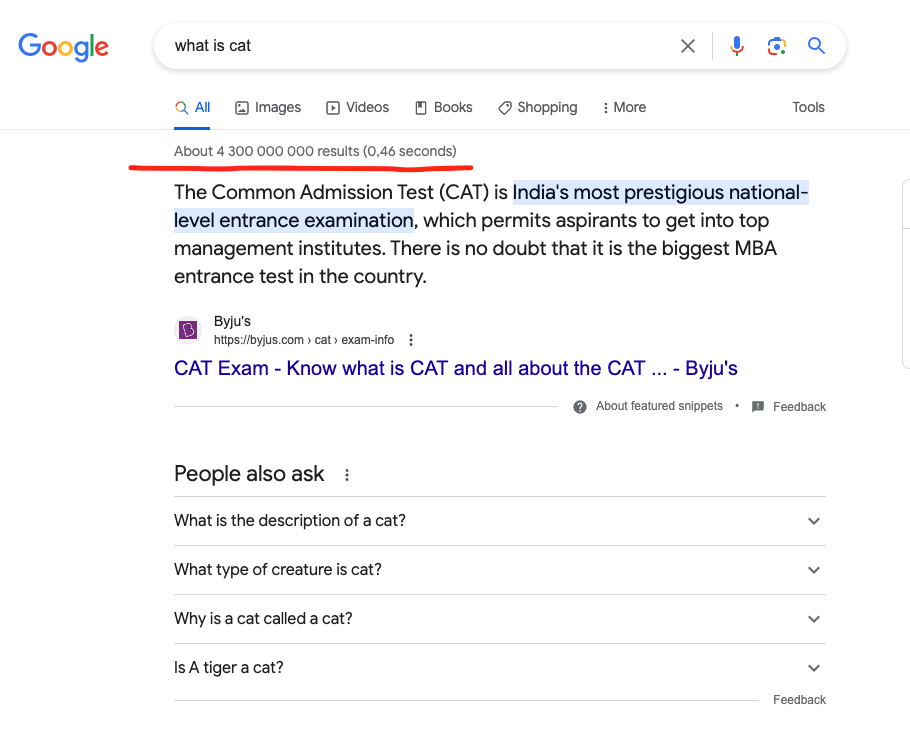
I briefly mentioned search engine indexing earlier in this post. This is the process that makes search engines so fast in finding relevant content for your searches.
The search engine index is like a giant directory or database, not unlike the index at the back of a book.
When a search engine crawler visits a webpage, it doesn’t just read the page. It scans and processes all the information and then creates a sort of ‘map’ of what it found. This map is then stored in the search engine’s index.
Now, the really cool part is how the index is structured. It’s not just a straightforward list of pages.
It’s an organized, interconnected structure that the search engine can traverse rapidly to find the relevant pages for a particular query.
Each entry in the index includes key characteristics about a webpage, like its content, age, location, language, and associated keywords.
All this information is organized in a way that allows the search engine to retrieve and present it within fractions of a second.
Additionally, search engines help predict what you’re looking for even as you type. That’s why you see suggested search results popping up when you’re still halfway through typing your query.
Of course, the reality is more complex. Ranking factors involve hundreds of ranking signals and advanced data structures like inverted indexes, link graphs, and more. But at the most basic level, it all comes down to efficient data organization and algorithms.
Wrapping Up
We’ve now hitched a ride with the crawling bots, delved into the heart of the indexing process, and peeked behind the curtain of the great ranking spectacle.
Knowing how search engines work can be insightful for anyone. But it’s vital for bloggers and content creators.
The world of search engines might seem a bit daunting at first. But it’s not about becoming an overnight SEO guru.
It’s about taking baby steps toward understanding how these digital beasts work. Because with each bit of understanding, you’re better equipped to get your blog the attention it deserves!
